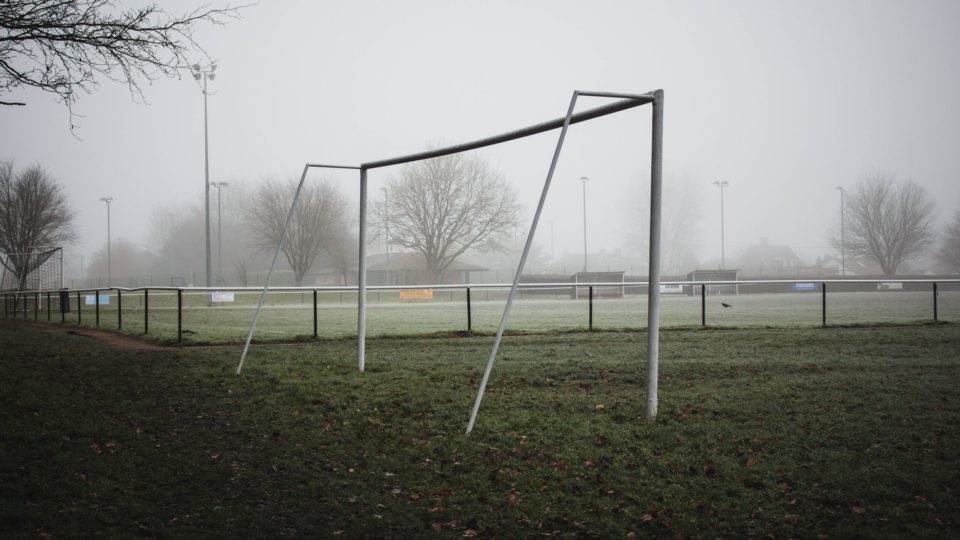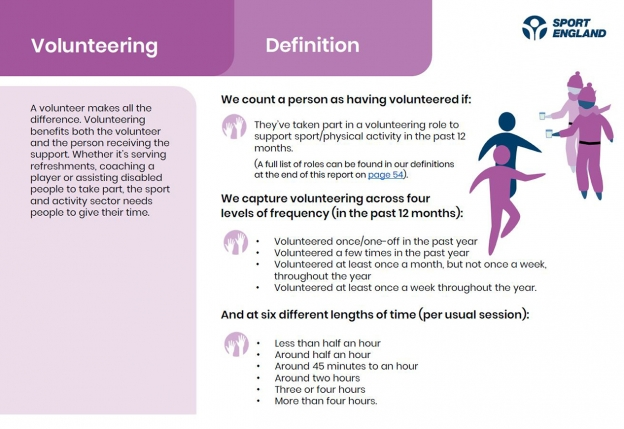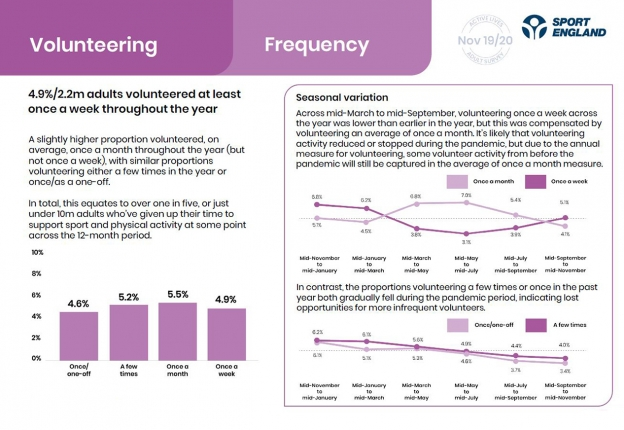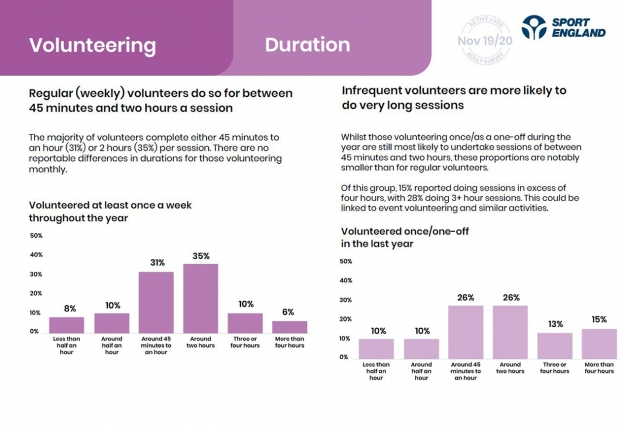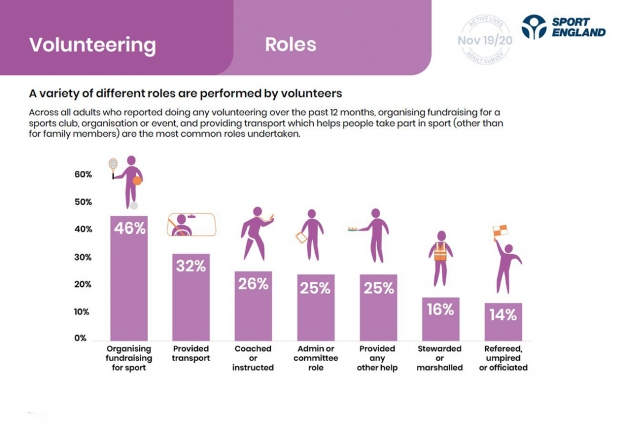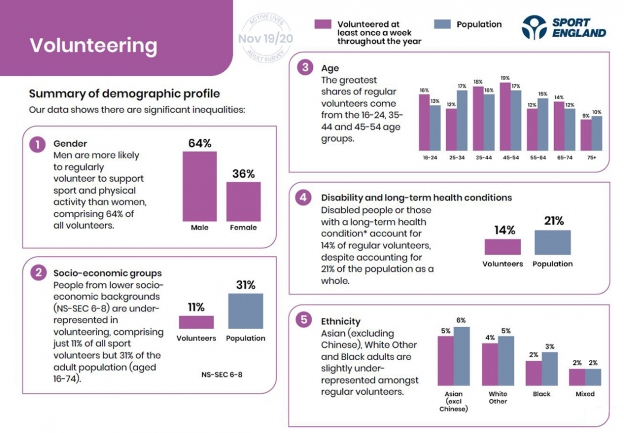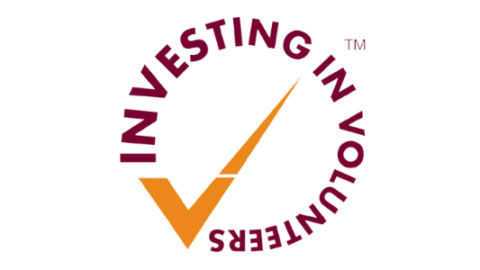by Jenny Betteridge
Our latest Active Lives Adult Survey report, which we’ve published today, gives an overview of volunteering in sport and physical activity in England.
It shows that one in five adults – just under 10 million people – gave up their time to support sport and physical activity at some point across the 12 months from November 2019 to November 2020.
It underlines what we already knew: the response by sports volunteers to the challenge posed by the coronavirus (Covid-19) pandemic has been inspirational and phenomenal.
While many will have had to make the difficult decision to step back to shield themselves or protect family members, others have been able to step forward to help their communities when they needed it most. And now community clubs and groups are reaching out to welcome their volunteers back.
Nevertheless, while the importance of volunteers has remained, the pandemic has had a profound impact on people’s relationship with volunteering.
Whether it was learning new digital skills and hosting AGMs online or creating remote connections to support and motivate others in new ways, Covid-19 has changed habits and it has never been more important for us to understand the roles volunteers perform.
We know that, with greater understanding and insight, organisations with volunteers are better able to adapt their work, invest in volunteer support and engage their volunteers (and prospective volunteers) to understand their experience.
This is why, for the first time in four years, the volunteering questions we asked within Active Lives have changed.
Instead of focusing on a twice-a-year threshold for our reporting, we now ask a wider question about how often (the frequency) someone gives their time to support sport and activity.
We believe this will allow voluntary organisations to explore whether people are more likely to volunteer weekly, monthly, or as one-off or occasional opportunities.
We also now ask about the amount of time a person usually gives while volunteering – the average duration of each session.
Recent years have seen a growth in micro-volunteering opportunities, where someone can meaningfully contribute to a team effort in short chunks of time and can fit better around busy lives. Understanding more about this will again help organisations offer a range of options to cater for a wider variety of people.
As with previous reports, we continue to ask questions about the roles people are performing, but we now recognise the invaluable role of ‘organising fundraising’ for their sports club or group.
Finally, we now ask current volunteers about how long they have been volunteering in their current role. We know from other studies, such as the National Council for Voluntary Organisations’ Time Well Spent, that 70% of people in the UK volunteer at some point in their lives, but only 7% volunteer consistently throughout.
Our own work with Jump Projects, Lifecycle of Volunteering in Sport (download), which was published in 2019, suggests the average time volunteering in sport is 5.9 years. Now this question is incorporated into Active Lives, we’ll be able to understand if this is changing over time.
We hope these more nuanced changes to Active Lives will enable even more voluntary organisations to continue to build their understanding and insight and that, by coming together to share our learning, we will do even more to support people to volunteer.
Active Lives is a national survey and we would encourage all organisations to use this data alongside their own volunteer surveys.
We’ve produced a guide (download) to help organisations establish their own annual volunteer survey, including a bank of suitable questions, but anyone who would like some help developing a volunteer survey please get in touch.
This guest blog by Jenny Betteridge, Strategic lead for volunteering, Sport England, was originally published on the Sport England website.

